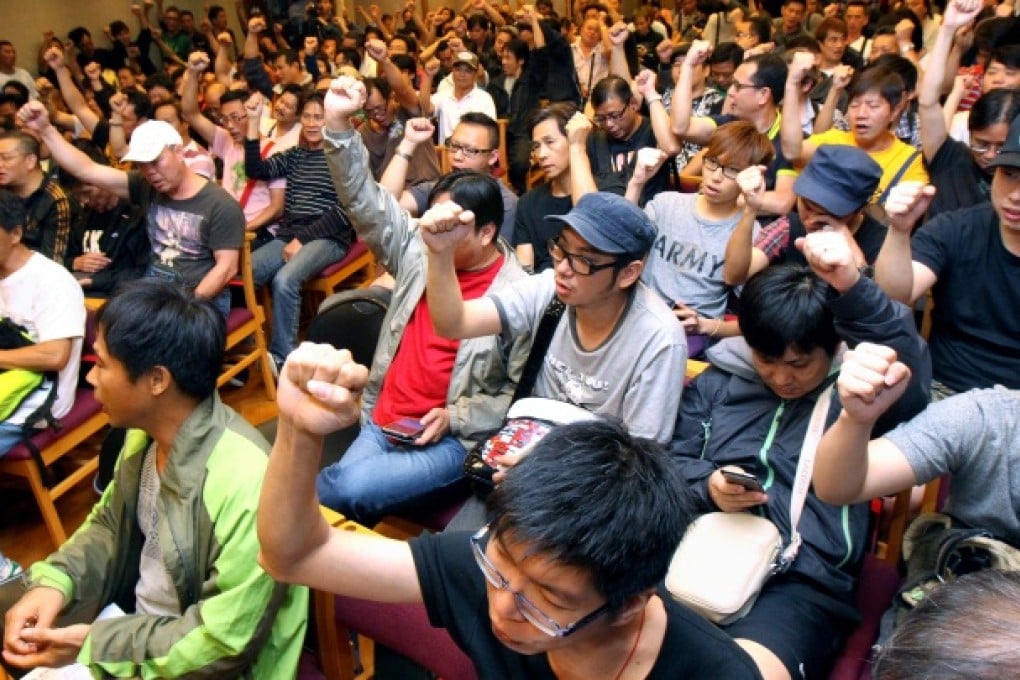
Thankfully, the dockers' strike is finally over. After a last-minute change of heart, workers agreed to accept a lower-than-expected pay rise of 9.8 per cent, putting an end to a 40-day walkout, the city's longest since the handover. The settlement shows that with good will and compromise on both sides, disputes can be resolved.
But there are few smiling faces. Announcing the breakthrough, the Union of Hong Kong Dockers said it was a "half victory" for the workers. This is hardly surprising. Despite public support, the strikers realised that the impasse could not drag on indefinitely. After a few weeks, they offered to accept a lower pay increase, down from the original 20 per cent rise to a double-digit one. On Monday, when contractors further offered to give written promises of reasonable meal and toilet breaks, they agreed it was time to call off the strike.
Tycoon Li Ka-shing, who became a target because of his stake in the container port operation, also suffered in terms of his image, and perhaps his business. The government cannot be shielded from attack either. The labour chief has been rightly criticised for being passive in mediating. More importantly, Hong Kong's position as an international logistics hub may have been dealt a lasting blow. It was a battle without winners.
The settlement has brought as much relief as soul searching. How did a simple demand for a pay rise and better conditions escalate into a protracted stand-off? Why did it garner considerable support in the community? What are the lessons for workers, bosses and the government?
The drama highlights a series of issues worthy of public discussion. Without the right to collective bargaining, workers and unions say they can only force bosses to negotiate by exerting public pressure. The situation is further complicated by the common business practice of appointing contractors - who act as middlemen between the corporation and workers. For corporations, contractors offer flexibility and efficiency. But workers are liable to be exploited if the contract is awarded to whoever offers the lowest price. The system also shields corporations from an employer's responsibility, in the case of the strike, and protracted the negotiation.
The strike is over. But the repercussions are still felt. That the controversy was quickly turned into an issue of social justice speaks volumes about the negative sentiment towards big business. It will be dangerous if such a mood persists.
